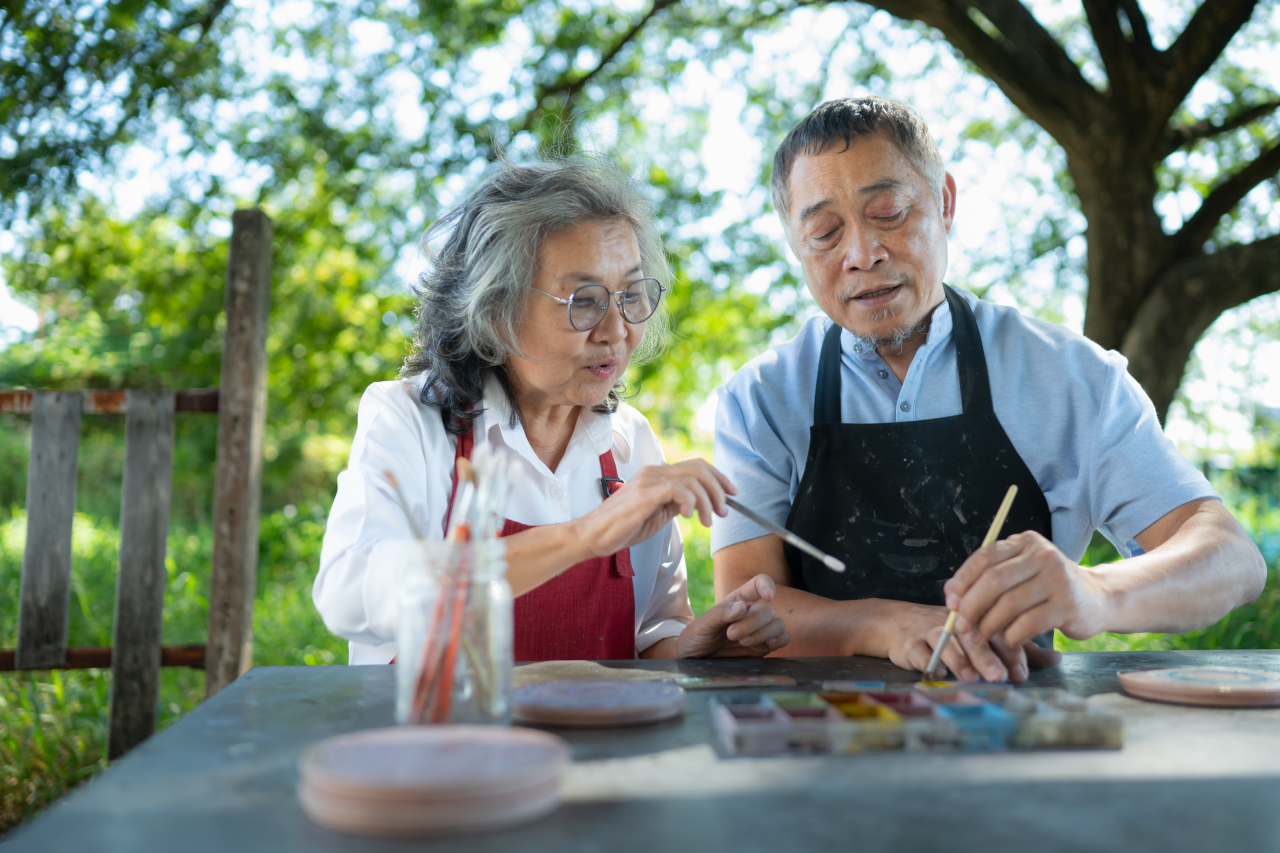 |
(123rf) |
Some one in three South Koreans born in the 1960s think that they will die alone without receiving support from their children, a survey showed Monday, suggesting the senior population's growing concern over the change in family dynamics and support for aging parents.
The foundation Care for All surveyed 980 South Koreans aged between 55 and 64 -- all born in the 1960s -- from May 8 to 15 on the perception and reality of care. According to the results, some 30.2 percent of the respondents, or one in three, replied that they would face lonely deaths. The concern was particularly high among low-income groups who earned less than 2 million won ($1,453).
Of the respondents, some 89 percent said they believe they should be responsible for themselves if they get old, not their children, according to the data. The survey noted that this reflects the shift in attitudes toward elder care, where those born in the 1960s believed it was not their children's duty to care for their aging parents.
The survey also showed that many respondents financially supported their parents and children.
Nearly 30 percent of the respondents said they lived with their elderly parents or their parents-in-law mainly because they needed care for chronic health issues. Of them, 44 percent said they provide an average monthly allowance of 730,000 won to their parents or spouses' parents.
Around 4 percent of the respondents said they still financially subsidize their children by offering an average allowance of 880,000 won per month.
When asked if they had prepared for retirement, only 62 percent of the respondents said they had, and they aim to benefit from the state-run pension program.
Kim Yong-ik, who chairs the foundation, called on the government to roll out policies for older people.
"South Koreans born in the 1960s have a different attitude when it comes to 'dolbom' (care) than previous generations due to cultural and economic differences. The (government's) care policy for senior citizens should be adjusted to better suit the unique characteristics and needs of the 1960s generation," Kim was quoted as saying in a press release.







